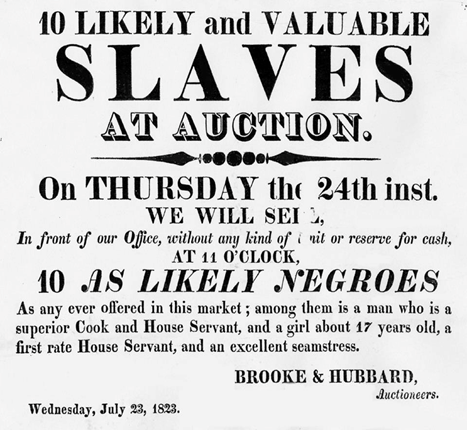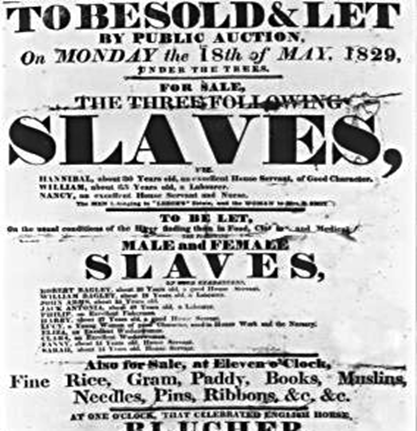Harriet Tubman: (Buck town Maryland New York 10 March 1913) one of the leaders of the Underground Railroad.
Tubman was also a Christian who carried a bible in one hand and a shotgun in the other.
She was reputed to be braver than most men were and threatened anyone who betrayed the Underground Railroad with death. Tubman’s birth namw was Araminta Harriet Ross, She was born in Maryland in 1820, she was one of 9 children born to Harriet Green and Ben Ross, her father was a Freedman at age 45. By 1844, Harriet married John Tubman, a free black man and changed her name to Harriet Tubman. Allegedly Harriet used her middle name as her first name as a way of honoring her mother Harriet Green.
By 1849 Harriet took her two brothers, Harry and Ben and escaped the plantation where they had lived all of their lives. The runaway was publically followed and their return ransom was set as $300 according to the Cambridge Democrat. After a long journey, Tubman’s’ brothers fell weak and retracted back to Maryland, although Harriet kept going (Yass Harriet!).
With the help of The Underground Railroad, Harriet Tubman successfully escaped to Philadelphia in 1849. The journey was nearly 90 miles long on foot.
From the time Harriet was a child into adulthood, she experienced psychedelic dreams that guided her life. One dream in particular included extremist abolitionist, John Brown, who she eventually met in the late 1850s. Harriet went on to help Brown recruit slaves and freed blacks for an attack on slaveholders at Harpers Ferry.


Despite already having her freedom and leading rebellions, Tubman made it her mission to rescue her family and other slaves in the south. By December 1851, she guided 11 fugitives towards the north into freedom (She may have stopped at the home of Frederick Douglass). By the 1860s, Harriet was responsible for helping 100s of slaves escape to the north.
During the Civil War, Harriet Tubman worked as a union army cook and nurse before being recruited as an armed scout and spy for the union.
Harriet was also the first woman to lead an armed troop in the war, known as the Combahee River Raid. Her troop went on to liberate more than 700 slaves in South Carolina, totaling more than 1000 slaves forever indebted to Harriet Tubman over the course of her abolitionist life.
Harriet Tubman died in March 1913 and she became widely known as Moses and General Tubman. Both names accurately describe the life and contributions of Miss. Harriet Tubman.

